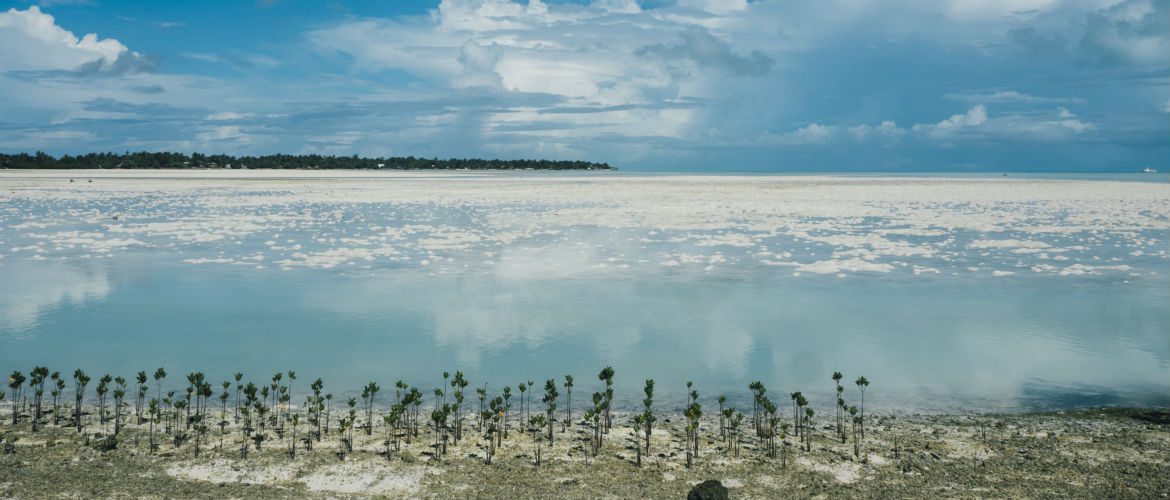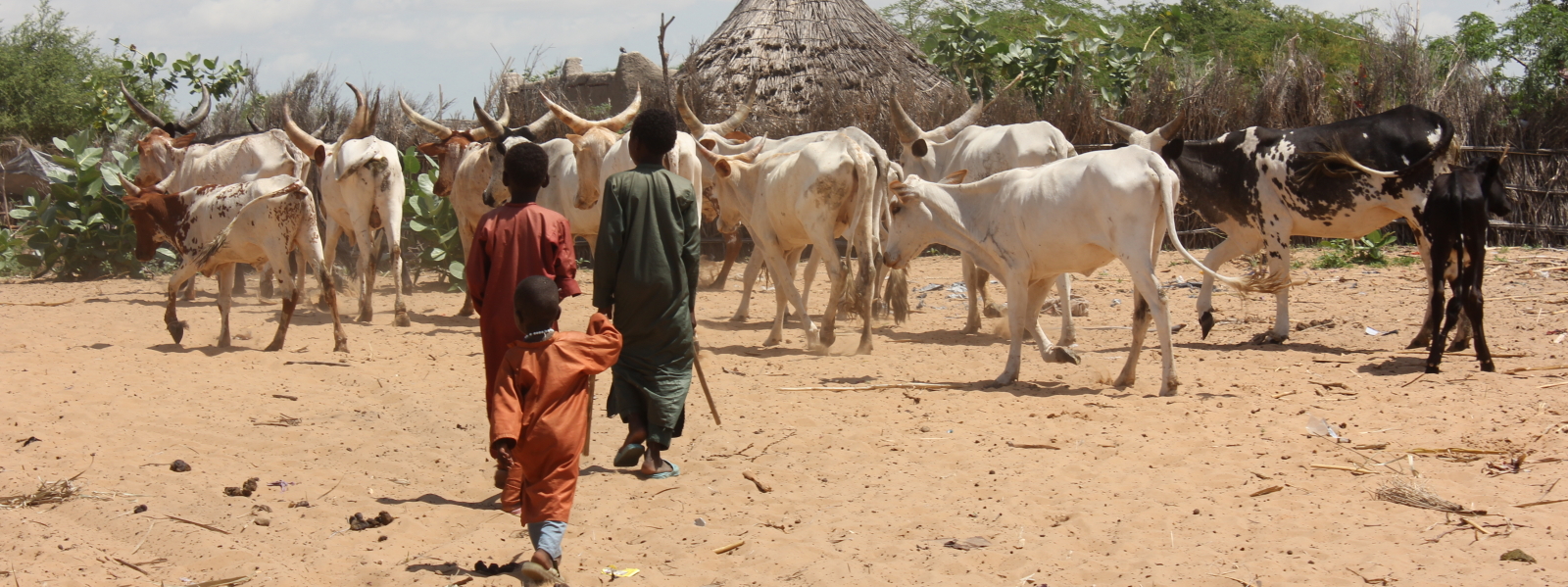By Dr Helen Szoke, Oxfam Australia Chief Executive
As negotiations continue over Australia’s embattled energy policy, our political leaders must be under no illusion as to how Australia’s backwardness on climate change is perceived by our Pacific island neighbours.
No region is at greater risk to the dangers of climate change than the Pacific – nor more determined to lead by example.
And if Australia is to maintain its position as a trusted partner of Pacific island nations amidst growing competition in the region, we must demonstrate that we are serious about the number one threat to the wellbeing, human rights and prospects of Pacific peoples – climate change.
But as it stands, the proposed National Energy Guarantee (NEG) will fall well short of demonstrating this commitment – and well short of the ambitious strides being taken by our Pacific neighbours.
In November, the Marshall Islands will host a special summit of the Climate Vulnerable Forum – a group of nearly fifty countries that are especially vulnerable to the impacts of climate change, including many of our Pacific neighbours.
Despite contributing almost nothing to the causes of climate change, members of the forum are leading the world to a brighter future. They are committed to achieving 100 per cent renewable energy as soon as possible and are urging the rest of the world to step up.
A month prior, in October, the Intergovernmental Panel on Climate Change will release its special report on limiting warming to 1.5°C. The report will show more clearly than ever the truly transformative global action required to achieve the goals of the Paris Agreement and protect communities everywhere from the ravages of climate change.
The real cost of failing on our responsibilities will be measured in further entrenched poverty – through the escalating impacts of climate change and humanitarian disasters, increasing hunger, and deaths and disease caused by pollution.”
Each and every day, we are faced with harrowing examples of the real and present dangers of a warming world. From the severe drought crisis gripping rural Australia, to the heartbreaking damage to our Great Barrier Reef, the loss of land and homes to sea level rise and the devastating toll of more destructive storms and floods. The future has arrived.
At the same time, we learn all the time how stronger action on climate change, including the transformation of our energy systems, can deliver enormous benefits in terms of energy affordability, shared prosperity and reducing inequality. There is a convenient truth – what works for the planet also works for people.
There is also a confronting truth that cannot be ignored. The real cost of failing on our responsibilities will be measured in further entrenched poverty – through the escalating impacts of climate change and humanitarian disasters, increasing hunger, and deaths and disease caused by pollution.
Nonetheless, debate on climate and energy policy in Australia has become largely divorced from the escalating impacts of climate change on communities worldwide, Australia’s responsibility to end its climate pollution, and the myriad benefits of a renewable energy future.
Any Federal climate and energy policy must be capable of driving a swift and just transition to 100 per cent renewable energy, including moving rapidly beyond coal-fired power. It must ensure that the benefits and costs of action are distributed fairly, and above all ensure Australia steps up to its international responsibility to tackle climate change. Regrettably, in its current form, the NEG is severely lacking.
Much attention has rightly focussed on the inadequate emissions reduction target for the electricity sector. Firstly, the target to reduce emissions from electricity by a mere 26 per cent by 2030 makes no sense in the context of Australia’s current economy-wide target of 26-28 per cent by 2030., given that remissions reductions can be more easily achieved within the electricity sector than other sectors.
More importantly, Australia’s current economy-wide target is itself a woefully inadequate contribution to the Paris Agreement. It is among the weakest of any advanced economy and utterly out-of-step with the long-term goal of limiting warming to 1.5°C – and will need to be stepped up as soon as possible.
Recognising that countries’ initial contributions to the Paris Agreement would, in aggregate, fall well short of the scale and pace of action required, the Agreement includes an ‘ambition mechanism’, designed to ensure that countries ratchet up their commitments over time. Encouragingly, following the lead of the Marshall Islands and Fji, many countries including New Zealand, France, Germany, UK and Canada have already signalled that they will strengthen their contributions to the Paris Agreement before 2020. In stark contrast, under the NEG, the Federal Government hopes to lock in Australia’s current weak target for the electricity sector – its largest source of emissions – until at least 2024. Such a move shows either a lack of understanding of Australia’s responsibilities under the Paris Agreement, or a willingness to ignore them.
At a minimum, the NEG must set a far more ambitious target for electricity emissions from the outset, and have provisions for the target to be ramped up further in the near future.
Any less and it must be rejected.
This article was first published by ABC News online on 10 August 2018



